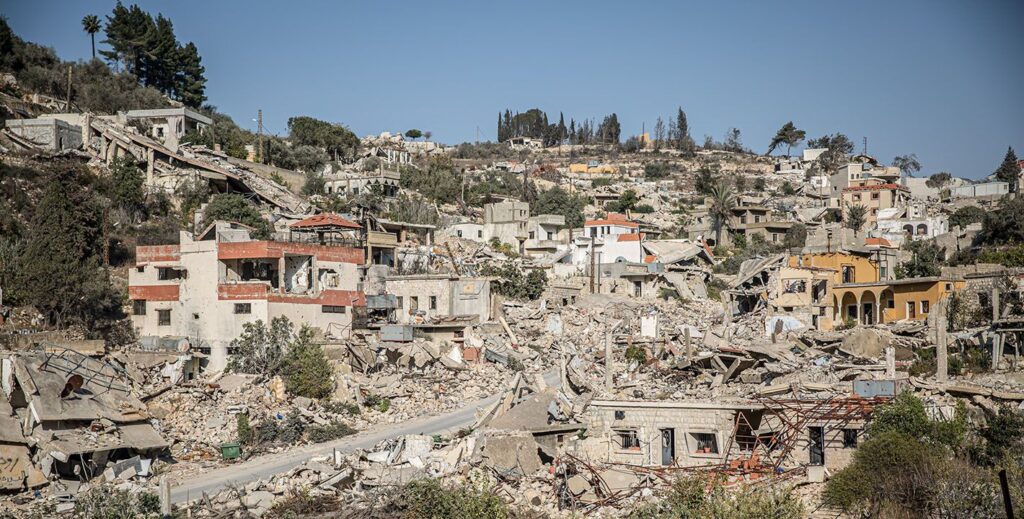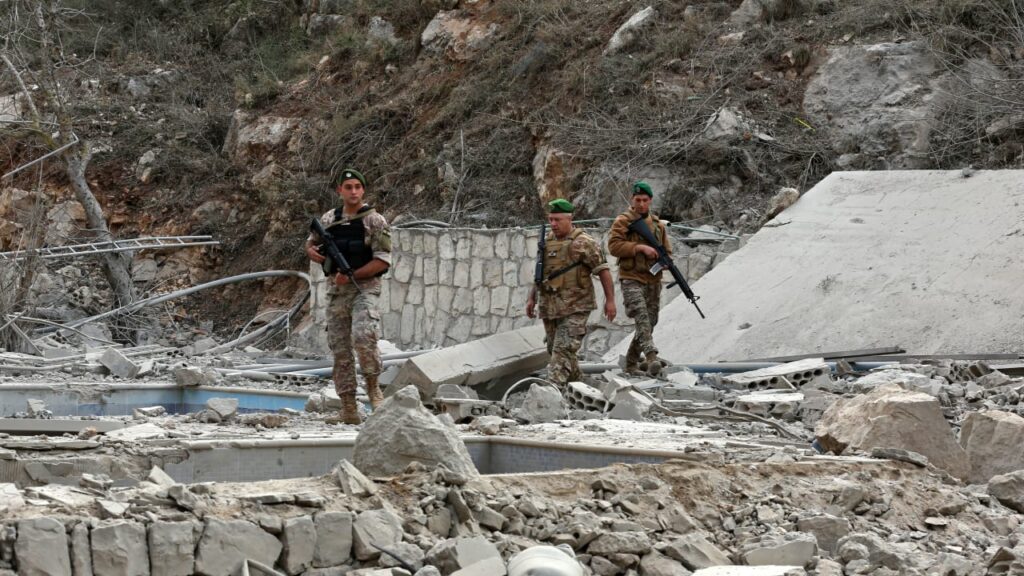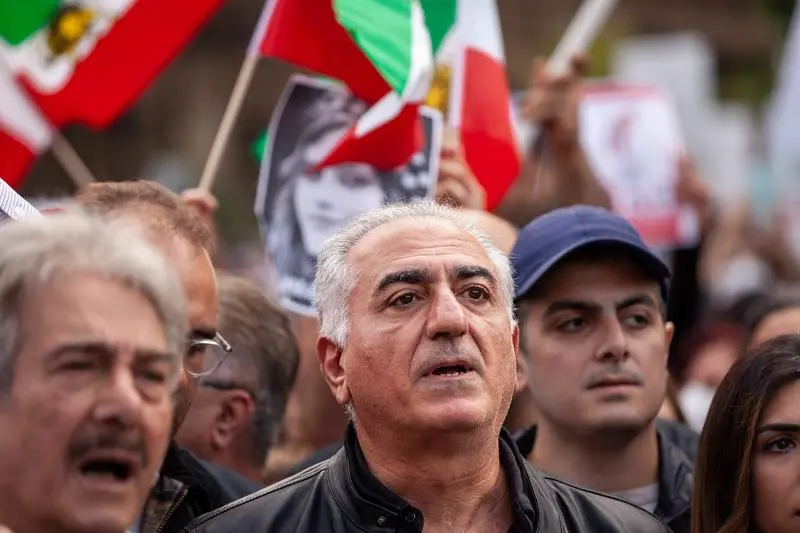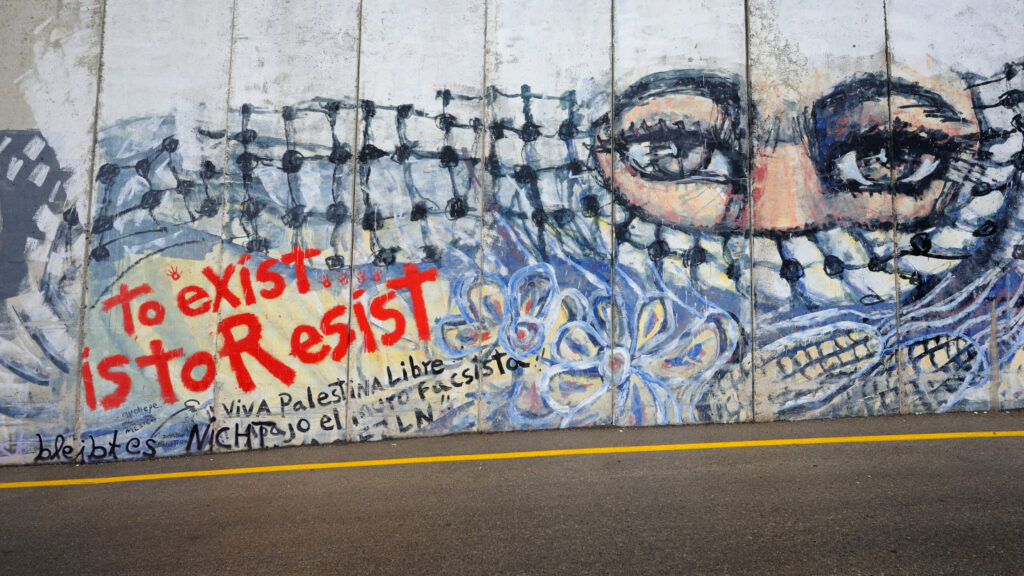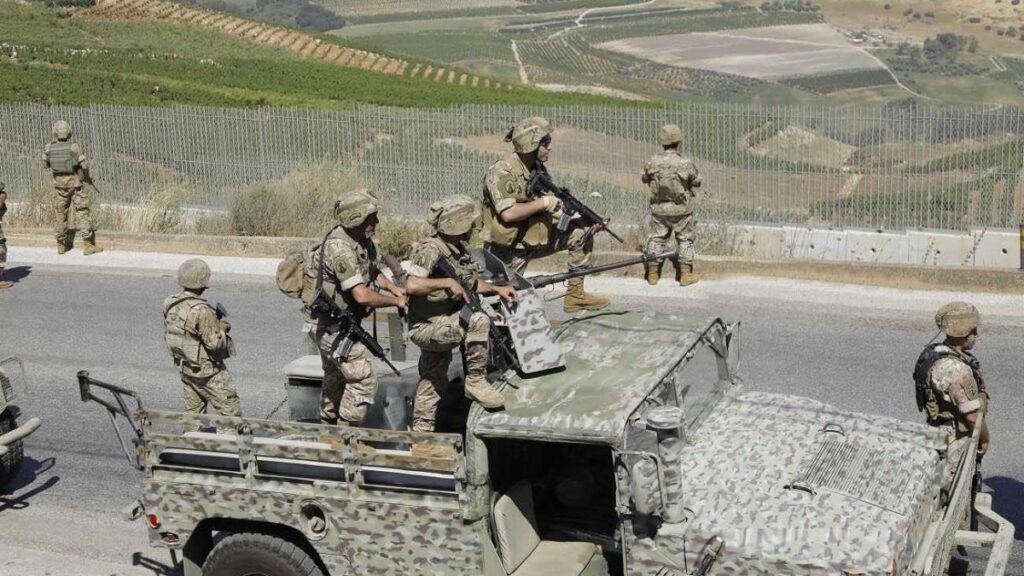As ceasefires unravel, Israel faces critical decisions on Gaza, Lebanon, Syria fronts – editorial
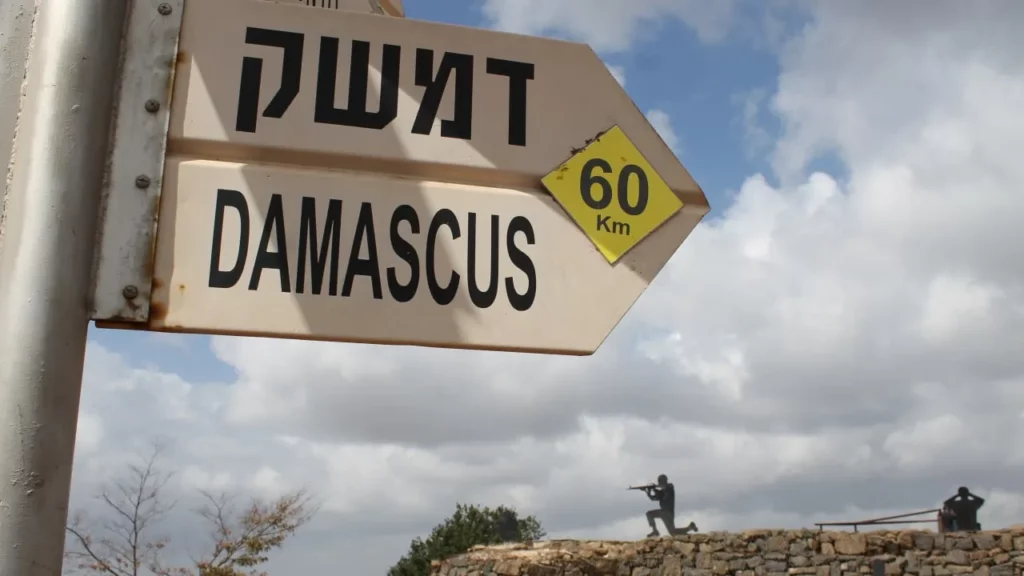
Israel faces mounting challenges: a stalled ceasefire in Gaza, rising Hezbollah threats in Lebanon, and a critical security opportunity with Syria.
With ceasefires unraveling on nearly every front, Israel is once again confronting the unstable reality of the Middle East.

